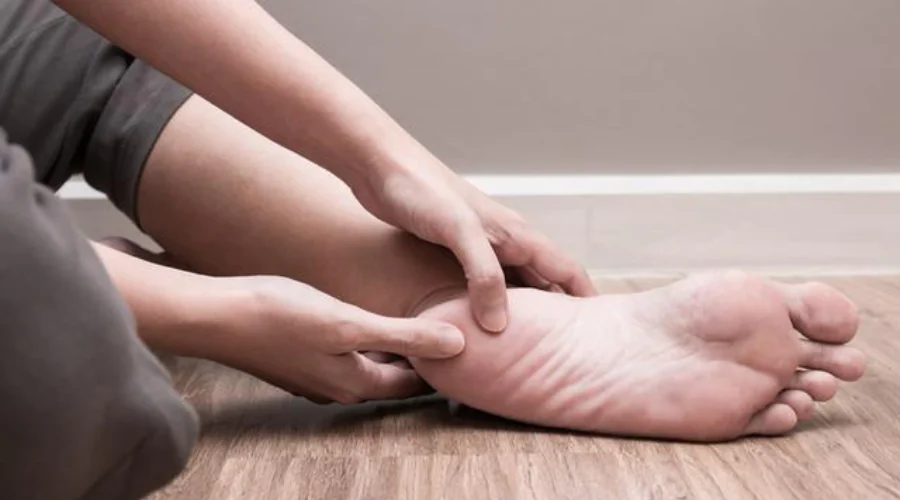
- 02 Sep
- 2022
Ilustrasi gambar (Shutterstock)
Lecturer of FK UM Surabaya Explains the Causes of Frequent Tingling that Should Not Be Understated
Tingling is a sensation of being pricked, burning and numb in certain parts of the body, like hundreds of ants suddenly crawling on the body. The medical term for pins and needles is paresthesia.
Lecturer at the Faculty of Medicine (FK) UM Surabaya, Era Catur Prasetya, explained that tingling that lasted a long time or was repeated could indicate a dangerous condition.
According to Catur, the cause of pins and needles can arise due to activities that are too tense and for a long time. Basically pins and needles is a symptom of a sensory nervous system disorder due to electrical stimulation in that system that is not fully channeled.
“The tingling that occurs is accompanied by other symptoms, you need to pay attention. Tingling can be the beginning of a symptom of a disease or vice versa, because of the disease," said Catur Friday (2/9/22).
Catur explained that if the tingling is accompanied by thirst, frequent urination, weight loss even though you eat a lot, pain like being stabbed in the soles of your feet, do an examination immediately. It could be that this is another symptom of a complication of Diabetes Mellitus (diabetes).
Secondly, tingling can also occur due to a lack of calcium. Calcium is an important type of mineral needed for muscle contraction and nerve transmission. Calcium deficiency can cause muscle cramps and tingling, but may also indicate kidney failure, vitamin D deficiency and hypoparathyroidism (decreased function of the parathyroid glands).
All three tingling due to injury. Tingling and cramps due to nerve compression trauma can occur after a person has an accident or injury to the spine. The way to deal with tingling is to consult a hospital to find the cause and do physiotherapy.
Fourth pins and needles due to Rheumatoid Arthritis (rheumatism). According to the Merck Medical Library, Rheumatoid Arthritis of the ankle can cause pressure and swelling which will trigger pins and needles in the feet.
“Try to keep your feet elevated to relieve symptoms. But in some chronic cases, the doctor may suggest surgery," he said.
Catur added, for people with heart disease, pins and needles can occur because there is blood that clots and sticks so that it is carried by the blood flow to the brain. If the blood clot attacks the area of the sensory nervous system, there will be tingling in some parts of the body or one side. However, if the affected area is the motor system, paralysis tends to occur.
Tingling can be a sign of a mild stroke. It is usually caused by a blockage in the blood vessels in the brain, which results in local nerve damage. Other symptoms that appear are numbness in half of the body, paralysis of half of the body, blindness in one eye, difficulty speaking, dizziness, double and blurred vision. Symptoms last a few minutes or less than 24 hours. Usually occurs when sleeping or just waking up. This condition must be treated because it can develop into a severe stroke.
“Doing a healthy lifestyle is the easiest way to deal with pins and needles. Increase the consumption of vitamin B complex because it functions for the body's metabolism which maintains nerve function, "concluded Catur.










(0) Comments